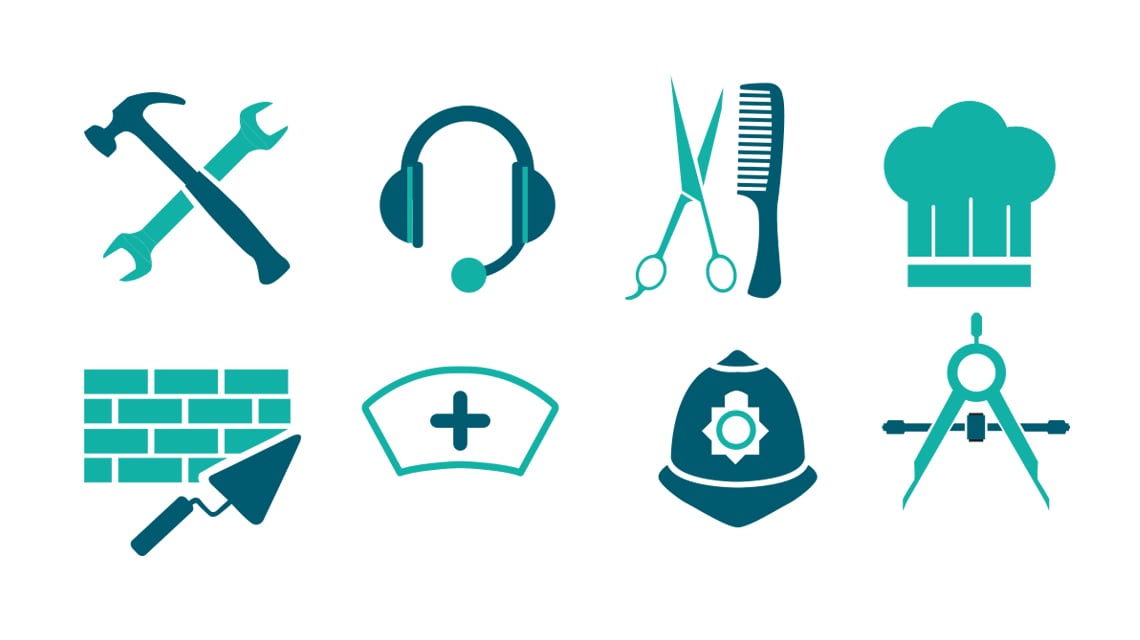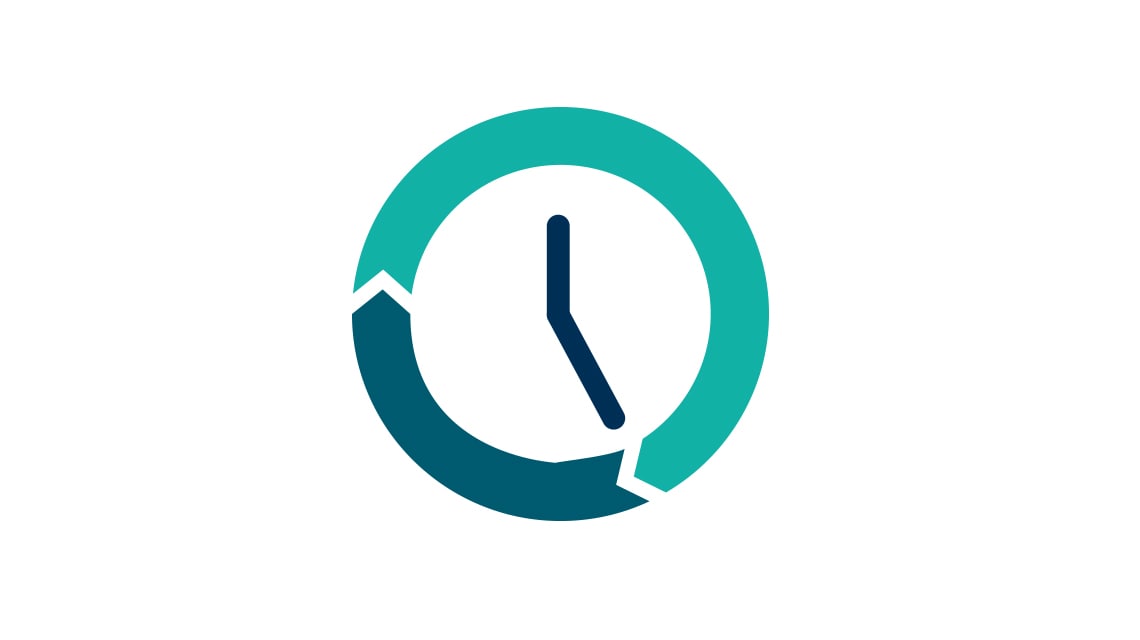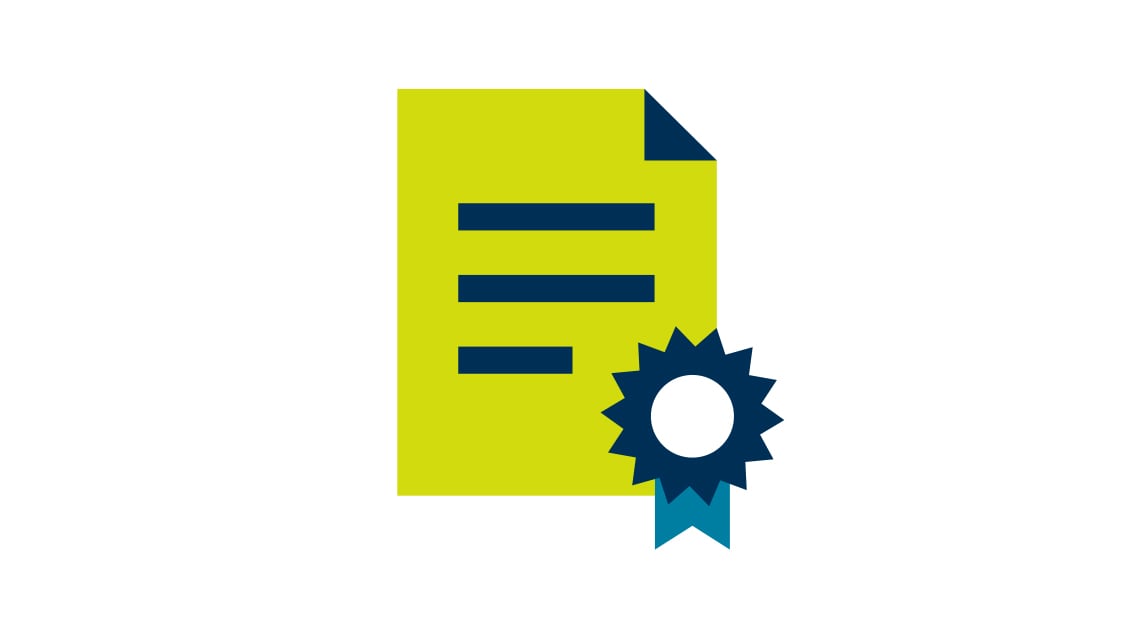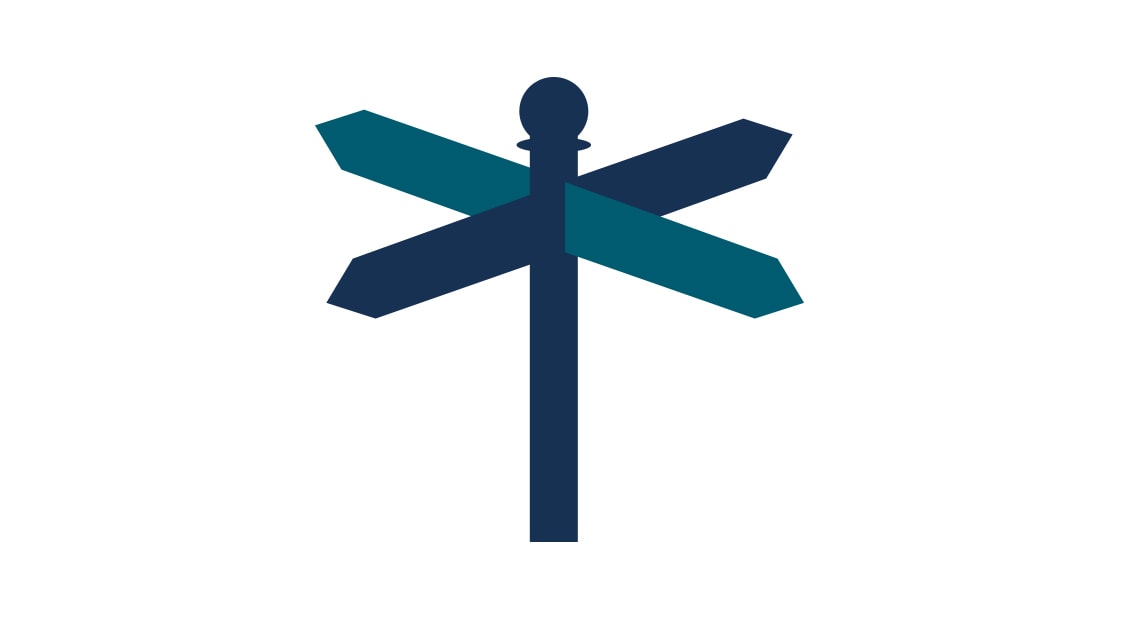Most teaching jobs require a degree (or equivalent). However, in some cases a degree is not required.
To teach in further education (FE) and training, you will need to have considerable relevant experience, plus an appropriate industry qualification at Level 3 or 4. Teaching qualifications are not always required because you will be dealing mainly with adults. However, it might also be possible to teach a vocational subject (not available in school) to Year 10 and 11 learners.
Some independent schools do not always insist on their teachers having a degree or teaching qualification.

Example jobs

Lecturer in construction
Training people in the skills needed to become a bricklayer, carpenter, plumber or electrician.
College tutor
Teaching students in a particular vocational subject, as well as ensuring that students’ learning, welfare and other needs are met.
Lecturer in ESOL, SEN or Life and Functional Skills
Teaching English, maths, ICT and other life skills to older learners, adults and people who do not speak English as their first language.
Things you need to know

Typical working conditions
- A college of further education is a hectic, busy environment and is often a much larger organisation than a school. This has benefits as well as drawbacks – you could have more learners over the week but the groups you teach may be smaller.
- College hours will vary and each college sets its own contracts. Depending on your contract, you may have to work some days, evenings, weekends and during holidays.
- Some vocational lecturers work part-time at a college and part-time in their vocational profession.

Qualifications needed
Any of the following Level 3 qualifications will be acceptable to allow entrance and/or progression in teaching: International Baccalaureate; NVQ, OCR, BTEC or HND/HNC; Microsoft, Serco or other recognised IT qualifications.
Since April 2012 lecturers in FE with Qualified Teacher Learning and Skills status (QTLS) who are also members of the Institute for Learning (IfL) can be employed in primary or secondary schools as fully qualified teachers.
Anyone working with children and young people aged 16 and under will require an enhanced DBS check.

Career path
With experience and relevant teaching and vocational qualifications, you could become head of department or faculty, join the management team, become an assessor or consultant in your vocational area and/or set up own full-time training business.
Working in leadership and management positions with greater responsibilities will allow you to earn more.
Useful links
Pearson is not responsible for content on external websites.